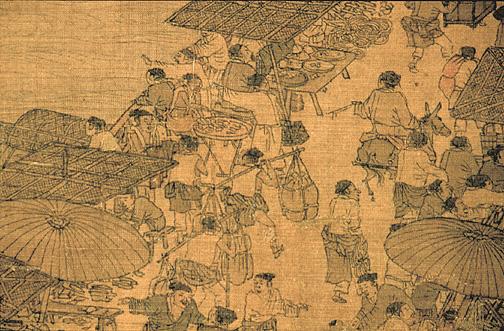Long ago, in a city in China, the residents built a large, traditional-style temple. The temple was solemn and tranquil, but it lacked a Buddha statue for believers to worship. So the people invited a renowned sculptor to carve a Buddha statue so that they could express their reverence.
The sculptor was moved by their sincere piety and personally went to a mountain to seek out a stone suitable for the sculpture. After much effort, he finally found a stone of great quality. It was huge, so he split it into two pieces. He selected one piece, picked up his chisel, and started carving.





